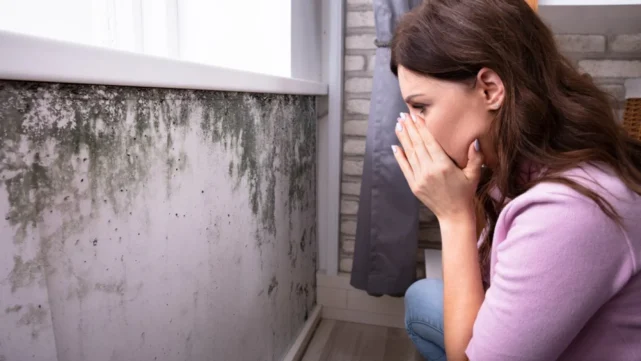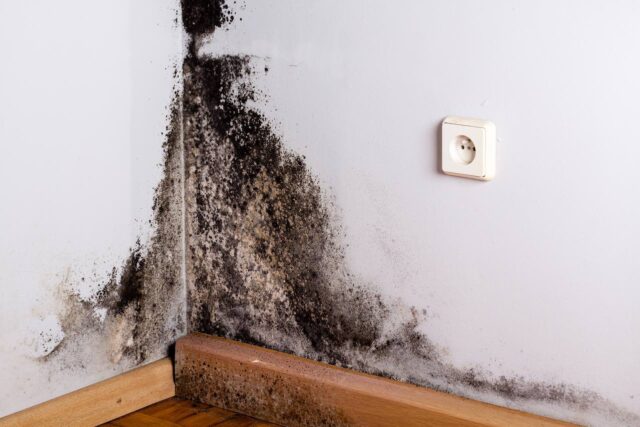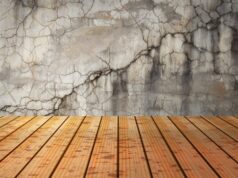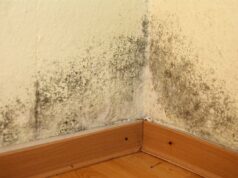Mold—a hidden menace lurking in many homes—can wreak havoc on both your living environment and your health. Often undetected until it spirals into a significant problem, mold exposure presents a range of symptoms that can be as varied as the fungi themselves.
From persistent coughs and sneezing fits to inexplicable fatigue and skin irritations, the signs of mold presence are not always obvious. Understanding these symptoms is critical for homeowners and renters alike, as they can serve as early warnings that something insidious is at play.
In this article, well delve into the top symptoms that may indicate mold exposure in your home, empowering you to recognize the threats that potentially endanger your family’s well-being. Whether you’ve recently experienced unexplained health issues or simply wish to maintain a safe living space, knowing what to look for is the first step in addressing this pervasive problem.
Respiratory Issues

Respiratory issues are among the most alarming symptoms of mold exposure, manifesting as a persistent cough that just won’t let up or a nagging wheeze that makes each breath feel labored. Those who are sensitive may find themselves grappling with nasal congestion, sinus infections, or even bronchitis, as airborne mold spores infiltrate the respiratory tract.
For some, the effects are immediate; for others, they creep in stealthily over time. Asthma sufferers, in particular, may experience exacerbated symptoms, with episodes of tightness in the chest and unexpected shortness of breath.
It’s crucial to listen to your body—if you notice deteriorating lung function or unexplained respiratory distress, particularly in damp or poorly ventilated areas, it may be more than just a seasonal cold; it could be a call to address a hidden mold problem lurking in the shadows of your home.
Allergic Reactions

Allergic reactions to mold are among the most common symptoms experienced by those exposed to its spores. Imagine walking into a dimly lit room, and suddenly you’re greeted by sneezing fits, a persistent cough, or an itchy throat that seems impossible to suppress.
For some, symptoms escalate quickly; skin rashes can emerge, along with watery eyes that sting like a swarm of tiny insects. These reactions might seem mild at first, but they can linger, causing discomfort and frustration.
In more severe cases, exposure to mold can trigger asthma attacks or worsen existing respiratory issues, leading to tightness in the chest and difficulty breathing. If you notice these signs after spending time in certain areas of your home, it could be a clear indication that mold is not just an aesthetic concern, but a pressing health hazard that requires immediate action.
Headaches and Migraines

Headaches and migraines are among the most common, yet often overlooked, symptoms that can arise from mold exposure in the home. Imagine waking up with a dull ache, escalating throughout the day, morphing into a throbbing migraine that leaves you sensitive to light and sound.
Mold spores can trigger inflammatory responses in the body, leading to tension headaches or severe migraine attacks that disrupt daily life. Those who are particularly sensitive may find that even brief exposure to damp or moldy environments can precipitate an episode.
Additionally, the accompanying symptoms such as fatigue, sinus pressure, and cognitive fog often exacerbate the overall discomfort, creating a vicious cycle that’s hard to break. Once the source of the mold is identified and addressed, many report a significant decrease in headache frequency and intensity, emphasizing the importance of a mold-free living space.
Conclusion
In conclusion, recognizing the symptoms of mold exposure is crucial for maintaining a healthy living environment. From respiratory issues and allergic reactions to unexplained fatigue and skin irritations, the presence of mold can significantly impact your well-being.
If you suspect that mold may be lurking in your home, it is essential to take action promptly. Engaging a professional Mold Inspection Company can help identify the source of the problem and ensure that your home is a safe haven. By staying informed and proactive, you can protect yourself and your loved ones from the harmful effects of mold exposure and maintain a healthier indoor atmosphere.




